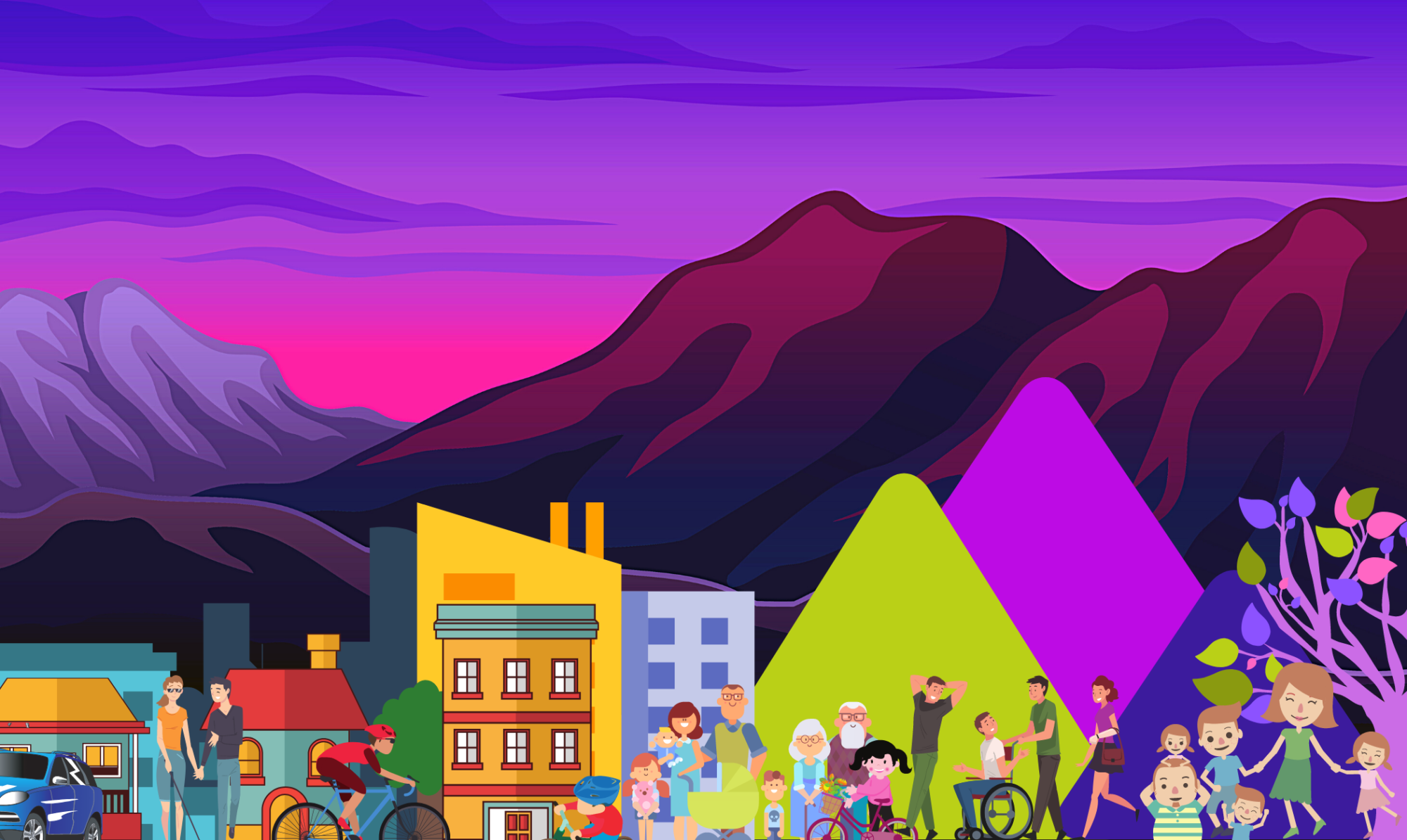Renzo Andrich interviews José Agustín Martínez (Valencia) >> VIDEO
Renzo. José Agustín Martínez, whom we greet and thank for being here with us, is a psychologist and a pedagogist. José works at the Institute of Modern Art of Valencia, in Spain. We may wonder what Art has to do with accessibility and inclusion issues. Jose, can you tell us something about you and your work?
José. As you said, I have always been involved in psychology and pedagogy. I have also been a teacher in art and humanities. As freelancer I also worked as clinical psychologist and trainer of students and teachers. Since some years I work at the Museum you have cited before. My job to make the museum available to everybody, that everyone can have accessibility, can have access to culture. I think that art is a social transformation agent, and therefore the museum must adapt its contents to all groups of people. That is, making culture accessible and make learning enjoyable by all people, to persons with disabilities, considering that there are many disabilities: sensory disability, physical disability, cognitive disability and so on. In our Museum we are trying to meet the demand of deaf people by making visits with sign interpretation (the sign language used by the deaf); we are also trying to make tactile visits possible for some museum exhibitions; we are also organizing specific collections that can be visited independently by blind people; we’ve worked with people with Alzheimer’s, we’ve done summer schools for people at risk of social exclusion especially young people who are in family custody.
Renzo. Thank you, José. What you told us is important. It is also important to know that several cultural institutes around the world are moving in the same direction. Culture is a world heritage: it is not acceptable that someone be excluded from it. What is your “dream”? What message would you like to offer to us?
José. I certainly agree. Culture should be accessible to all audiences. I think it is a universal right of all people. Every group of people with disabilities has different disabilities and we must address all of them in the Museum. We must be able to communicate the contents we have in the museum, which we can and should adapted to each group. I am not just talking about architectural barriers (that in our museum we are managing to eliminate) I mean the cultural contents: these should be accessible to all people; we have to do all we can to adapt them to each ability and give them the tools that allow access to culture and to its enjoyment on the same level as any other people. My dream would be, let me say that Renzo, to achieve universal accessibility, to pursue a universal design that can be accessible to all people, however not only in the field of culture: in any field. I deal with this particular field however I think the ideal should be universal accessibility.
